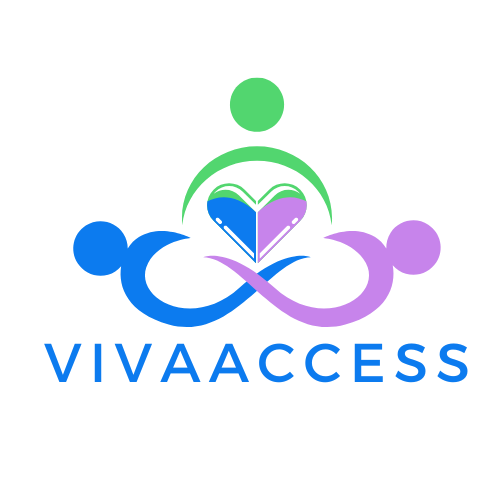Treatment of Down syndrome
Medical Management:
Individuals with Down syndrome may have a higher risk of certain medical conditions, such as congenital heart defects, thyroid disorders, gastrointestinal issues, vision and hearing problems, and immune system abnormalities. Medical management involves regular monitoring and proactive treatment of these conditions to minimize their impact on health and well-being.
For congenital heart defects, surgical interventions may be necessary to correct structural abnormalities and improve heart function. Regular cardiac evaluations and follow-ups are essential to monitor heart health.
Thyroid disorders, such as hypothyroidism, are common in individuals with Down syndrome. Treatment typically involves thyroid hormone replacement therapy to restore normal thyroid function.
Vision and hearing problems, such as refractive errors, cataracts, and hearing loss, may require corrective measures such as glasses, contact lenses, or hearing aids.
Gastrointestinal issues, including gastroesophageal reflux disease (GERD) and gastrointestinal anomalies, may require dietary modifications, medication management, or surgical interventions.
Routine medical check-ups and screenings are important for early detection and management of health issues in individuals with Down syndrome.
Early Intervention Programs:
Early intervention services play a crucial role in supporting the development of infants and young children with Down syndrome. These programs focus on addressing developmental delays and promoting optimal physical, cognitive, and socio-emotional development.
Physical therapy helps improve gross motor skills, muscle strength, balance, and coordination. Occupational therapy focuses on enhancing fine motor skills, sensory processing, and activities of daily living. Speech therapy targets speech and language development, communication skills, and oral motor function.
Early intervention programs provide individualized support and interventions tailored to the specific needs and abilities of each child. They may involve home-based therapy sessions, group activities, and parent education and training.
Educational Support:
Education is a cornerstone of treatment for individuals with Down syndrome. Special education services are designed to address the unique learning styles and abilities of students with Down syndrome and promote academic progress and social inclusion.
Individualized education plans (IEPs) outline specific educational goals, accommodations, and support services for students with Down syndrome. These plans are developed collaboratively by parents, educators, and other professionals and are regularly reviewed and updated to meet the evolving needs of the student.
Inclusive classroom environments foster acceptance, support, and positive peer interactions. Teachers may implement differentiated instruction, adaptive materials, and assistive technology to accommodate diverse learning needs and facilitate active participation.
Behavioral and Social Support:
Behavioral interventions focus on addressing challenging behaviors, promoting self-regulation, and teaching adaptive coping skills. Applied behavior analysis (ABA) techniques, positive behavior supports, and social skills training help individuals with Down syndrome develop appropriate behaviors, social skills, and emotional regulation.
Social skills training programs provide opportunities for individuals with Down syndrome to practice social interactions, develop friendships, and build meaningful relationships. Group activities, peer mentoring programs, and community-based outings facilitate socialization and inclusion.
Family Support Services:
Caring for a child with Down syndrome can present unique challenges and stressors for families. Family support services offer emotional support, practical assistance, and resources to help families navigate the complexities of raising a child with special needs.
Support groups provide opportunities for parents and caregivers to connect with others who share similar experiences, share information and resources, and receive encouragement and validation.
Counseling services offer individual and family therapy to address emotional concerns, stress management, and coping strategies. Respite care programs provide temporary relief and assistance to caregivers, allowing them to take breaks and recharge.
Community Inclusion:
Promoting inclusion and participation in community activities, recreational programs, and social events is essential for enhancing the quality of life and well-being of individuals with Down syndrome.
Community-based organizations, advocacy groups, and recreational programs offer opportunities for individuals with Down syndrome to engage in a variety of activities, pursue interests and hobbies, and develop new skills.
Inclusive community initiatives, such as inclusive sports leagues, arts programs, and volunteer opportunities, foster a sense of belonging, promote social connections, and celebrate diversity.
By addressing the medical, developmental, educational, behavioral, and social needs of individuals with Down syndrome holistically and collaboratively, treatment can help optimize outcomes, enhance quality of life, and promote inclusion and participation in all aspects of life.







